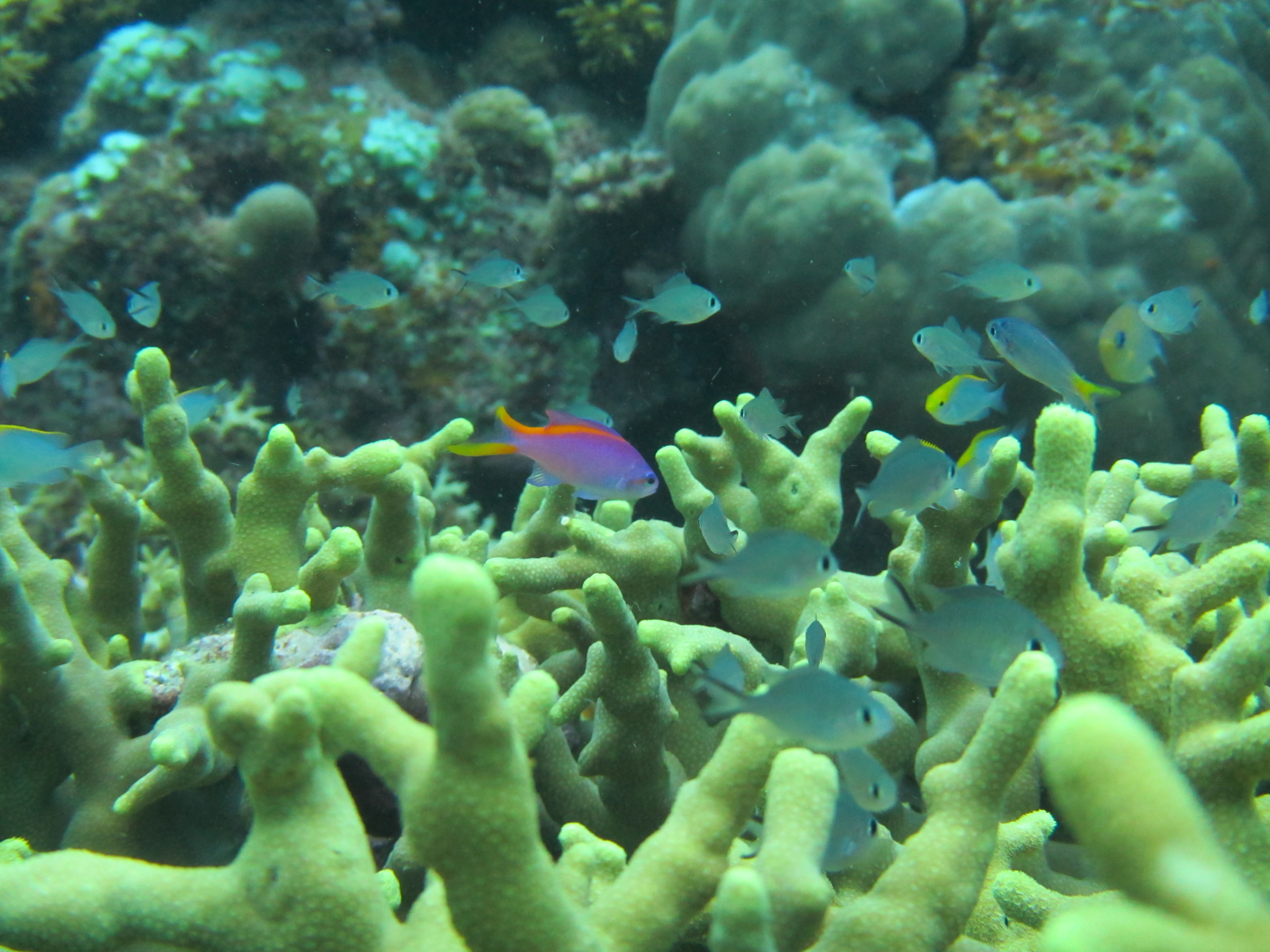Tropical Fish Struggle to Survive in Warming Waters

The rising ocean temperatures that may come with climate change pose a threat to fish that live near the equator, a new study from Australia suggests.
Researchers analyzed how six tropical fish species might behave in ocean temperatures that are 2 to 3 degrees Celsius (3.6 to 5.4 degrees Fahrenheit) warmer than their current habitats — a change that is expected to happen by the end of this century. It turned out that the warmer the temperature, the harder it was for the fish to swim, find food, evade predators and reproduce.
"Organisms that live in extreme latitudes near the equator are particularly vulnerable to temperature because they evolved in a very narrow range of temperatures," said study researcher Jodie Rummer, a research fellow at James Cook University in Queensland.
In fact, one of the fish species examined in the study could not survive the maximum temperature of 93.2 F (34 C) that the researchers carefully tried to subject it to in the study. "We would slowly try to bring them up to this temperature, and we just couldn't do it," Rummer told Live Science. [Photos: The Freakiest-Looking Fish]
"What we might expect is that, as oceans are warming in these areas near the equator — that normally ever experience 2 or 3 degrees [Celsius] temperature range on an annual basis — that temperature range will get slightly higher, and these fish will start to lose performance if they are not adapting," she said.
The fish in the study normally experience water temperatures of 84.2 to 87.8 F (29 C to 31 C). The researchers looked at the fish's behavior at those temperatures, and then gradually adjusted the water temperature to 91.4 F (33 C) and 93.2 F (34 C).
After several weeks, the researchers tested the fish, measuring the rates at which they consumed oxygen when they were resting and when they were swimming. The team discovered that the warmer temperatures made it harder for the fish to not only swim, but even to function while resting.
Sign up for the Live Science daily newsletter now
Get the world’s most fascinating discoveries delivered straight to your inbox.
When the fish were in warmer waters, they expended more energy "just to be alive," Rummer said.
If fish that live near the equator do not adapt to the warming ocean temperatures, they might move to other areas that are not so warm, Rummer said.
Consequently, such a move could affect human populations living nearby.
"This will have a substantial impact on the human societies that depend on these fish," Rummer said in a statement.
The study was published online in November 2013 in the Global Change Biology Journal. The researchers announced their findings in a statement this week.
Follow Agata Blaszczak-Boxe on Twitter . Follow Live Science @livescience, Facebook & Google+. Original article on Live Science.









